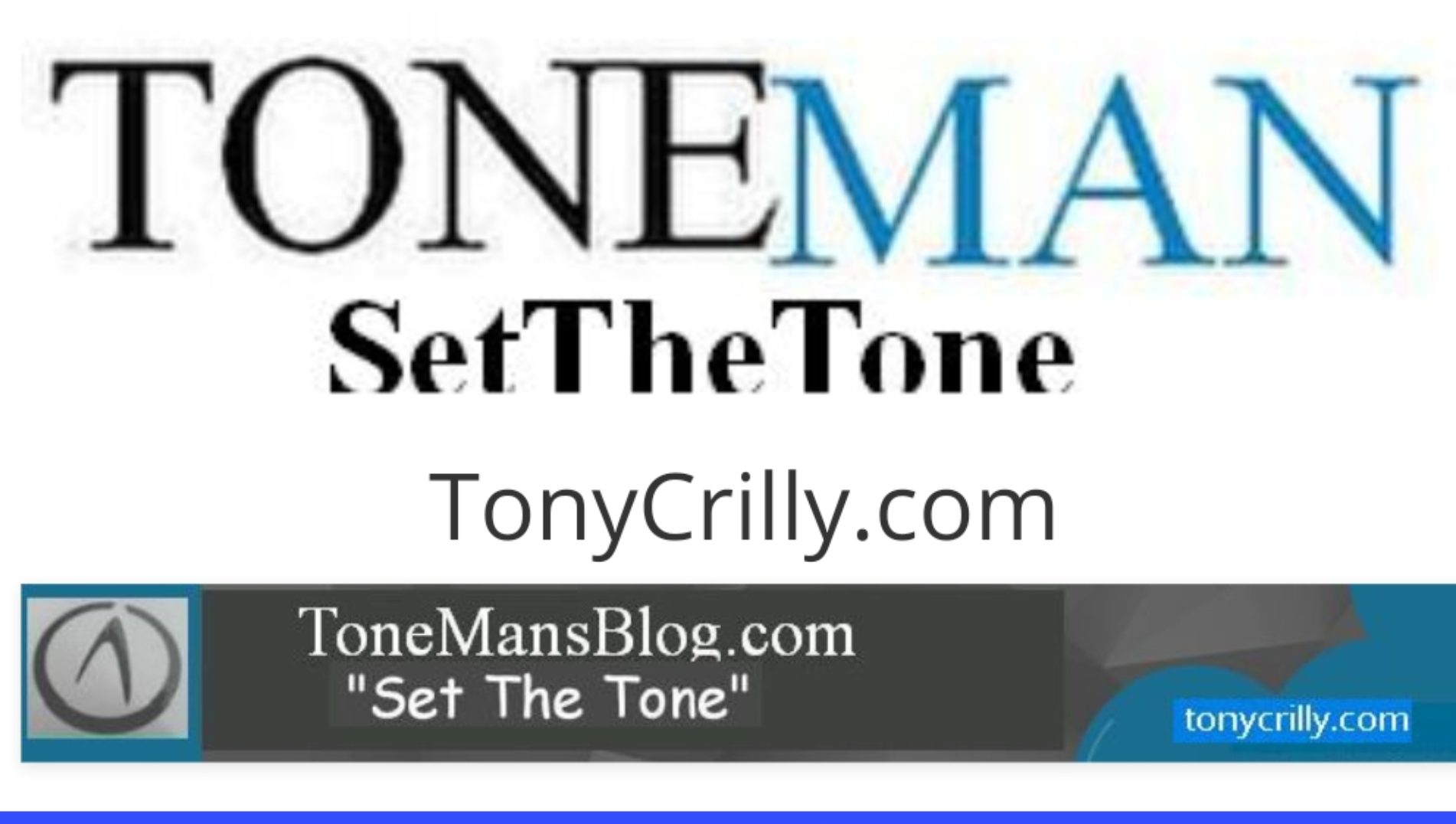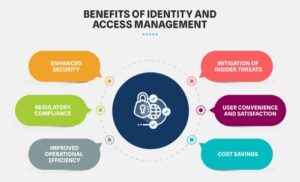
Anthony Crilly Whiteboard image
As a xDR Go to Market Advisor, the wonder drug is the unique value you offer to the prospect. You grow through solicitation, I’ll grow through putting myself out there, and I’ll be on my tenth mile and a positive mantra for the next five! The perseverance and fortitude is the most valuable of all business generators for four specific reasons:
- 1. The act of getting the Appointment and holding the meeting with hand-off to others is validation of your value
- 2. At the point you walk in to meet the potential client, the relationship is half-formed and the engagement is half-sold
- 3. Referrals are your highest ROI marketing strategy: there is no cost attached to this type of marketing
- 4. Referrals generate the highest-quality clients and engagements.
In twenty-nine years as a sales representative, through more than seven hundred clients and four hundred engagements, I have done marketing and solicitation; however, as a consultant over last 10 years, I have done very little if any marketing or solicitation. One hundred percent of the business has come from three sources: (1) Referrals, (2) Repeat business, and (3) Client personnel moving to other companies and calling upon me again (repeat after me: “turnover in high places is your friend”).
In this article, I’ll focus on referrals as a means to build a long-term business with high profitability and predictability. I’ll look at the four facts above and specific techniques to generate referrals.
Validation of Value
Confidence is paramount in this business, where you are terminated with every engagement. This is especially true for people newer to the consulting arena. Insecurity runs high, and clients can smell insecurity from the reception area where you’re biting your cuticles in anticipation of the encounter.
You need confidence, and few things will build that confidence faster or higher than hearing, “I gave your name to Sandy Meiers at Virta Health . We were talking, and Sandy has some similar issues. I described on how you’ve really helped us, and Sandy will probably call you next week. No guarantees, but . . ..”
Referrals, then, are high value because of the impact they can have on your psyche. The confidence-building factor alone makes them worthwhile. Self-confidence improves performance, which, in turn, generates more referrals. Start this cycle as soon as you can.
The Sale is Half-Sold
Have you referred someone to a professional — a dentist, a carpenter, a doctor, an electrician? You didn’t stop with a name and phone number, did you? You “sold” the referral to your friend. It’s natural. We want our friends to know our own decision to employ the professional was a good one, and they, too, should have confidence in him/her.
Your client will do the same for you – it’s natural. At the point you meet the new client, that person has been pre-sold. They are predisposed to what you do to the abbreviated public relations campaign waged by the referring client. In sports, this situation would be described as, “it’s yours to lose.” In other words, simply play your game, run your race, play within yourself, and the new client will be yours.
High ROI Marketing
Simple: referrals don’t cost money. Business generated through referrals is therefore your highest ROI business in terms of a Return on Marketing Investments. Beyond all the other good reasons to build referral-generating skills is this one: it’s a financially superior business strategy.
High Quality Clients and Engagements
Reverse roles for a moment: when have you sought a referral? The circumstances were probably serious rather than trivial. We don’t seek referrals for hangnails; we seek them for surgery. We don’t seek them to change a fuse; we seek them to re-wire the house.
Similarly in business. The nature of engagements that come to you through referrals is likely to be high-value, serious, and high-margin. In my own work, clients seek referrals when they’re facing decline in sales, reps.not making sales quota overalll, win/lose ratio unacceptably low, deals taking too long to close leads/sales ratio too low, not getting enough client meetings, margins being squeezed, chasing poorly qualified leads, not engaging with decision-makers or able to engage effectively at C level, sales reps. not understanding the client’s perspective, too much discounting, losing deals on price, etc; they’re less likely to seek referrals to assist in reorganizing one internal division, or to cut a group of ten people, or to set the tactics in support of an existing strategic plan.
The result: the most interesting, rewarding engagements are the ones that come from referrals. The same is true for the clients themselves. High-quality managements recognize the value of a good referral, as opposed to checking the Yellow Pages, or picking a consultant based upon a speaking engagement or even a fad bestseller book. They ask people whose opinions they trust. The result: the most interesting, rewarding clients are the ones that come from referrals.
“Great,” you say, “so how do I get these referrals going?” Whoa, cowboy . . . a few basic building blocks first.
What’s Your Marketing Message?
You must have one. What will you suggest clients answer to potential referrals when they ask your clients, “and what particular strengths does this sales consultant bring to the table?”
If you hope to generate referrals, be clear about the roles in the “sales cycle” at work here: you must “train” or “equip” your clients to deliver the “marketing message” for you. The clients are your agents or “reps.” The first contact with a potential client on your behalf is not in your hands, but you can shape the event.
You need a message. That message needn’t be lengthy or complex. Your intent is to be referred with enough interest that a potential client invites you in for an exploratory interview, or even better, to discuss a specific engagement in the offing.
What is a focused marketing message? What does one sound like?
- “Tony is an unusual sales consultant in that he was right out front through the implementation stage of the project.”
- “Tony’s talent is the combination of his objectivity and his insight. He flat out sees things others don’t – the subtleties among strategic choices, for example – that we would have missed.”
- “Tony brought a wealth of cross-industry experience that was really enlightening. None of us had much experience outside our own industry.”
- “Tony is a pragmatic problem solver. When others are stumbling, Tony just drives the project forward to a positive conclusion. Tony doesn’t miss deadlines or budgets.”
Which are you? Or are you one of a dozen others we could describe? Do you know? If you don’t, your clients probably don’t either. That makes their “task” tougher in responding to their friends who ask, “and what’s this consultant’s claim to fame?”miss deadlines or budgets.”
In my sample referral comments above, these would be the focused marketing messages:
- Tony is an implementer, carrying things through to completion
- Tony: objectivity and insightfulness
- Tony: cross-industry experiences
- Tony: problem solving and project management
In marketing terms, these messages are “positioning” messages. In each case, the message positions the consultant in a distinctive way – differentiated from “other consultants you may have tried.”
Note that none of these examples cites a particular technical sales and marketing discipline (e.g.the scope of the product service line, size of the territory, sales Implementation; sales design and delivery; etc.). Why? Because those are easy. If you have some distinctive technical competencies – truly distinctive – your name will be mentioned when the need for that particular discipline arises in conversation (“Oh, you need expertise in Relativity Theory, well, I know this fellow Albert . . . Albert . . .). Those are the easy referrals, but they’’re limited, and far less likely to get you cross-industry experiences (which I prize).
Candidly, I’ve worked hard to develop personal and company positioning of the types used in the examples above. Why? Broader application, wider appeal, speaks more to personal attributes, and to professional qualities as a consultant.
In most circumstances, clients are more influenced to choose a consultant based upon these types of qualities, believing that the technical discipline is a given and probably relatively equal across individual consultants.
In the end, I’ve seen many of the Independents who fail do so along these dimensions: pragmatic problem solving skills, meeting deadlines and budgets, project management skills, wide experience to draw upon, lack of objectivity, lack of insights, and discomfort in the implementation stages of an engagement.
Most Independents do not fail because their technical skills are weak. They do fail often due to competency gaps in these “softer” skill sets. Clients have experienced those shortcomings in other consultants, and don’t want to experience them again. This is why referrals based in these dimensions are powerful positioning messages that have you half sold before you hit their driveway.
Ask for The Order
If you’ve done good work, fear not: ask for the order! In running, they say you don’t have any chance when you cut training short – you must at least reach the first mile. The same here: you must at least let your clients know you want referrals when the opportunities arise. “If you enjoyed the show, please tell your friends” is the basic message. Now, how to put that without sounding as though you’re in need, remember that “in need” is “in trouble”.
How about these . . .
- “You know, I’m working toward building a real specialty in Strategic Planning. As your colleagues from other companies recite their woes in this area, you might offer them my phone number. They and I both would appreciate it.”
- “I’m happy you’re satisfied with this engagement; it was certainly an enjoyable one for me. Should you encounter colleagues considering outside assistance, can I count on a referral and endorsement from you?”
- “Carol, should you know of others who could benefit from my kind of services
- I’m sure they and I both would be happy to have you arrange an introduction.”
- “Referrals are very important to me, Mike. I believe the best kind of consulting business comes from that route, just as you did. Maybe you could do a similar favor for someone else? Can you think of anyone specific who could benefit from the kind of Market Identification and Development work I’’ve completed here?”
If your work is good, you have nothing to fear and everything to gain; if your work is not so good, well, don’t waste your time reading articles like this one – improve your outputs first.
When you’re ready, and deserving, to seek referrals, make it easy for your clients to understand what you’re looking for. Be direct and be confident. Don’t let them wonder whether you’re desperate for your next engagement, or so booked that a referral at this time would only be a bother. The message should be clear: (1) you build your business through referrals, and if they’re inclined to help, it will be appreciated; (2) you have specific talents other companies should know about, and the client is in a position to pass on that information (i.e. “it’s a responsible, helpful thing to do” is the implied message).
And then . . . ask . . . “Is there anything I could do that would make it easier for you to refer me to others?” For example, should you drop-ship 5,000 of your company brochures at the client’s home? Or host a party at the local Ritz for his entire Etermax inhabitants? Seriously, ask. You may be surprised how often you’ll hear this response: “Well, actually, what other kinds of projects are you involved in? What else do you specialize in?” And, just as often, the current client turns into the next client as well. A double off the wall in left!
You have probably been so busy working on your current engagement, you’ve neglected both the subtle and direct marketing of your full array of assets. Executing the referral strategy toward the end of an engagement gives you the ideal opportunity to do that. Never pass it by.
Anthony F. Crilly is a principal and associate of Independent Management Consultancies Network, a reliable network of experienced, small and dynamic strategy consulting companies. Crilly’s consultantcy philosophy dovetails priciples on a three-pronged approach of: 1. utilizing existing relationships; 2. focus in sales diateibution channels, sales management processes and strategies, and functioning in cross-indistry environment with focus on creating new sales channels and tevenue streams. His experience for 25 years is for profit clients range from small ($10 million) companies to multi-million dollar national conglomerates. His nonprofit clients include small health care, religious, and educational institutions. His practice centers on providing senior executives and small business owners with counsel and assistance in shaping and implementing small-to-large scale, high-impact initiatives. Crilly also sub-contracts among his clients consulting firms.
Crilly can be contacted directly at: tony@tonycrilly.com






